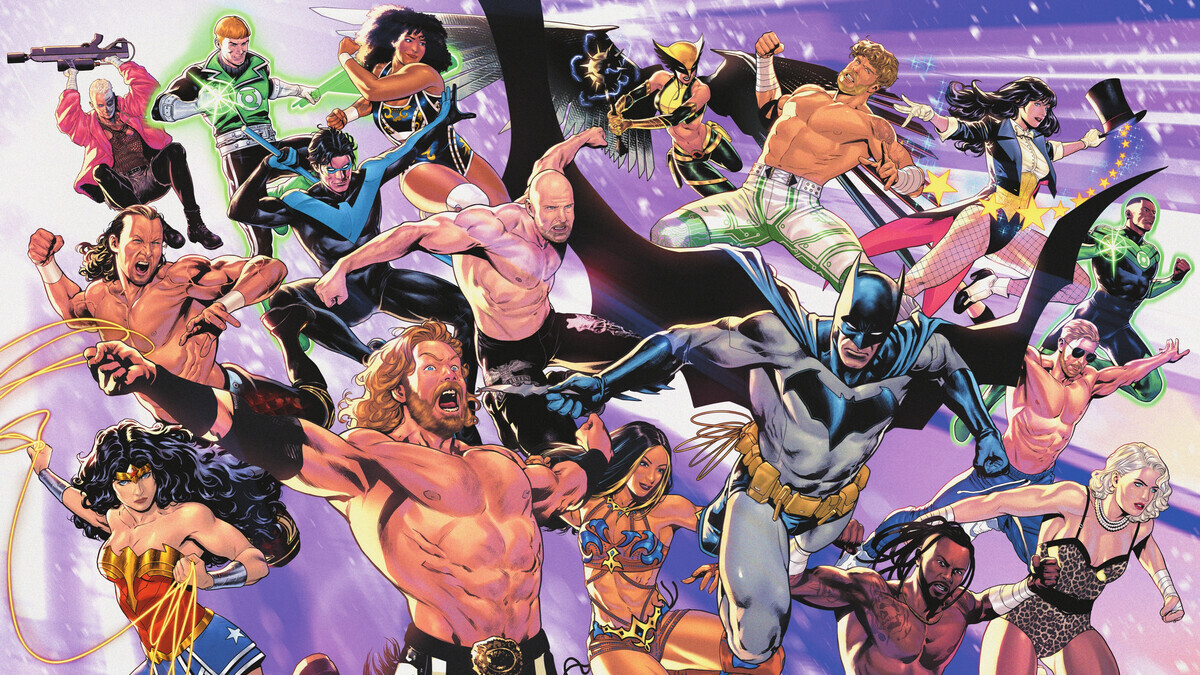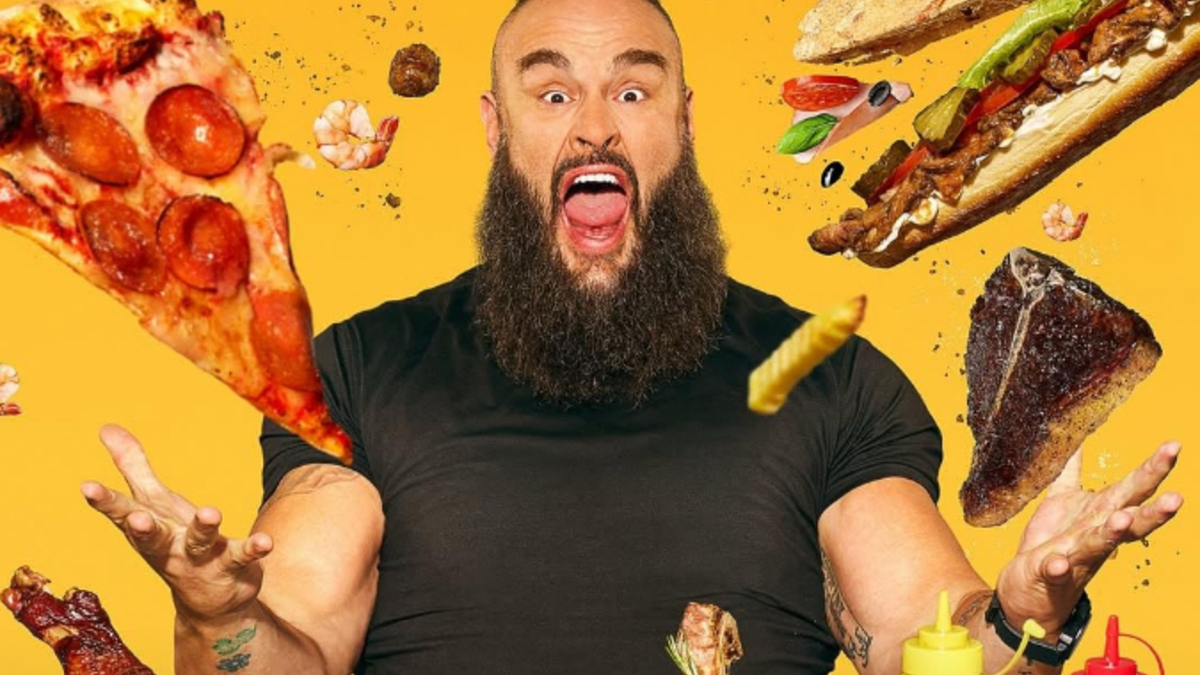Skipping a snappy intro with patty banter, and getting down to the nitty gritty, Highspots Tommy Young: Shoot Interview is destined to line the shelves of the company’s warehouse, a mistake that should never have been born.
For one, many of you are probably scratching your heads and asking ‘Tommy who?’ which is an indication of why this DVD should never have seen the light of day in the first place.
To those of you who don’t know — and seeing as how that’s an awful lot since many fans have only tuned in since the inception of the Monday night wars –– Tommy Young was the ultimate referee. Giving praise where it’s due, he practically re-invented the position, adding subtle, yet needed, touches to the zebras. Before him, although their duty as an in-ring timekeeper and pseudo-script improviser was clear, many refs would go through the motions, not specifically adding anything to a match — at least by the audiences reckoning -– excluding the three count.
Young brought flair to the position, with more interaction with the wrestlers, and little bits of acting, to make the official at least seem more important to the outcome of the squared circle encounter. His three counts alone, devilishly exaggerated, made the climaxes of matches mean a bit more.
However, the salient point here, and not to take anything away from Young, is that people pay their money to watch wrestlers, not referees, which unfortunately makes the DVD a near moot point before it should have even been filmed.
Young was a major part of history, and certainly was a fixture during the National Wrestling Alliance’s heyday, but, seeing as how he wasn’t in-ring talent, a booker, or even a promoter, that’s almost the same as saying you were a part of history as the New York Yankees bat boy during their World Series win of 2000.
There are items of interest on this two-disc DVD set, such as Young’s observations of certain wrestlers –- Abdullah The Butcher being too nutty and difficult to work with and Ricky Steamboat being the ultimate face -– or the fact that as the top referee in the company, his highest wage was approximately $50,000 a year. This is of much interest when considering even in the late ’80s, with wrestling’s travel-mad schedules, the amount was not much, so for referee’s to remain in the game and be persistent shows much love for their craft.
There are also useless bits of drivel as well, such as the over-voiced view among old-timers that newer wrestlers don’t know how to tell a story in the ring, or his view that Johnny Valentine was a vicious practical joker.
The most intriguing part of the set is Young himself, who illicts sympathy, as well as derision, from the viewer. One moment, he will regale you with his honesty that he started out in the business as a wrestler, but knew he didn’t have what it took to compete. In another, he brings upon himself scorn, for admittingly riding the coattails of Ric Flair, being his personal ref and all, and getting invited to all sorts of parties and activities, and more than once letting the champ foot the bill.
If anything, that appears to be the main theme of the DVD; the contradiction that is Young himself. One moment, he seems collected and at peace with the in-ring accident that ended his officiating career in 1989 -– Tommy Rich messed up a spot in a match with Mike Rotundo, causing Young to hit the ropes at an awkward angle, and ‘snapping’ his neck, as his vertebrae and spine “jammed together” –- and at others he seems petty and small, such as riding Arn Anderson for not getting mentioned in the latter’s autobiography (Arn Anderson 4 Ever).
The thrills stop there really. Climbing what they knew to be an uphill battle, it boggles the mind that Highspots wouldn’t do more with this product to at least make it enticing to viewers who remember Young, let alone those that don’t know anything about him.
No chapter selections, no extras or Easter eggs. No corroborating interviews, or even entire matches or montages of Young at work. Hell, there’s not even a menu. It’s just two discs, with one item, running near a collective three hours of repetitive interviewing with Young sitting on a couch in his home the entire time. They could have at least saved you money by editing it and putting it on one disc. It gets old, faster than a Big Show match.
So, if you’re a fan of the old days, are you really going to want to buy this just to hear an out-of-work referee relive his glory days? And if you got into wrestling in the last decade, why would you care?
When you answer those questions for yourself, you’ll know why Tommy Young: Shoot Interview was an accident of birth.




